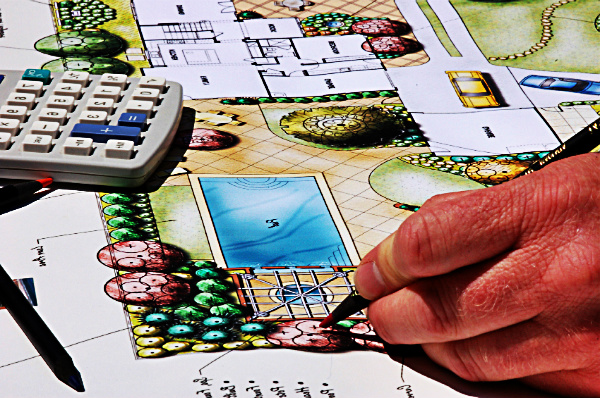The Importance Of Location When Buying A Home

Location is the single most important factor to consider for anyone interested in buying a home. For one, the location of the home is often the greatest determinant of the final price that the buyer will have to part with. Discussed below are a few location-related aspects that every prospective home buyer should be aware of.
Location And The Value Of Your Home
Real estate agents often refer to the old adage that it’s better to have the worst house in the best location than to have the best house in the worst location. From this adage, it is clear that the location of the home has a direct impact on its current value and its value in the future.
Potential buyers who are looking for a short-term investment should be particularly concerned about location. A great house in a bad neighborhood will often fetch the homeowner a fraction of what he or she paid for the home. The same applies for buyers looking for a long-term home investment since one can never know what the future holds and the individual may find him or herself forced to sell the house several years down the line.
It is worth noting that neighborhoods often change for the better. However, one cannot use this as reason enough to buy a great home in a not-so-good location because the change could easily be negative.
Characteristics Of A Good Location
The definition of a good location differs from one homeowner to the next. However, a good location for a home should provide the following (at the very least):
- Proximity to schools and other social amenities: An ideally located home should be close enough to social amenities such as a hospital, shopping malls and movie theaters among others. For parents with school-going children, the ideal home should not be too far away such that the children have to commute long distances to and from school.
- Security: Unless the homeowner fancies constant threats from burglars, there should be no compromise on security when choosing the location for a home.
- Accessibility to major roads: An ideal home should be easily accessible through the major roads and public transport systems for homeowners who do not own personal vehicles.
Characteristics Of A Bad Location
Several non-negotiable factors may lead to the categorization of a particular location as bad. These include:
- Proximity to an airport or fire-station: A home located next to the airport would not be very ideal thanks to the constant noise of aircraft engines during take-off and touch-down just like a homeowner living next to a fire station would have to contend with frequent ambulance sirens.
- Proximity to busy road intersections: No one would fancy living in a home located along a four-lane road for example, unless he or she does not value their sleep much. A home with its backyard facing the freeway would also qualify as a bad location regardless of the city or town in which it stands.
Importance Of Pre-Purchase Building And Pest Inspections
Once the buyer has identified an ideal location, it is important to carry out a pre-purchase building and pest inspection before making the all-important payment.
The standard pre-purchase inspection is often aimed at addressing structural and construction-related issues around the house to be bought. This inspection is particularly important for prospective buyers looking to invest in a location that is prone to natural disasters such as earthquakes and floods, which can easily interfere with the structural integrity of the house.
However, a complete inspection should include a thorough pest inspection, especially if the home has been unoccupied for an extended duration of time. Different pests are more common in certain locations than they are in others and this should be an issue of concern for prospective home buyers looking to invest in the particular locality.





